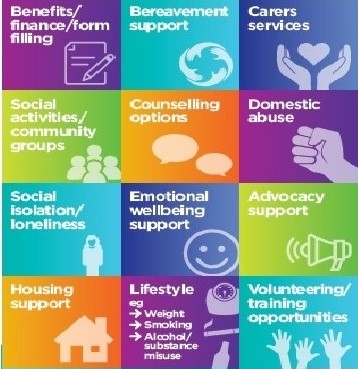Care Coordinator
A care coordinator helps patients get the healthcare they need. They make sure everything runs smoothly by organising appointments and talking to different doctors and nurses.
What Does a Care Coordinator Do?
Understand Patient Needs:
* Learn about the patient’s health and what they need.
* Create a plan to help them get better.
Organises Care:
* Schedule doctor visits and treatments.
* Make sure all healthcare providers know what’s going on.
Communicate:
* Be the main contact for patients, families, and doctors.
* Share important updates with everyone involved.
Support and Educate:
* Teach patients and families about health conditions and treatments.
* Help patients get the best care possible.
Finds Resources:
* Connect patients with community services and support.
* Help with insurance and healthcare system questions.





